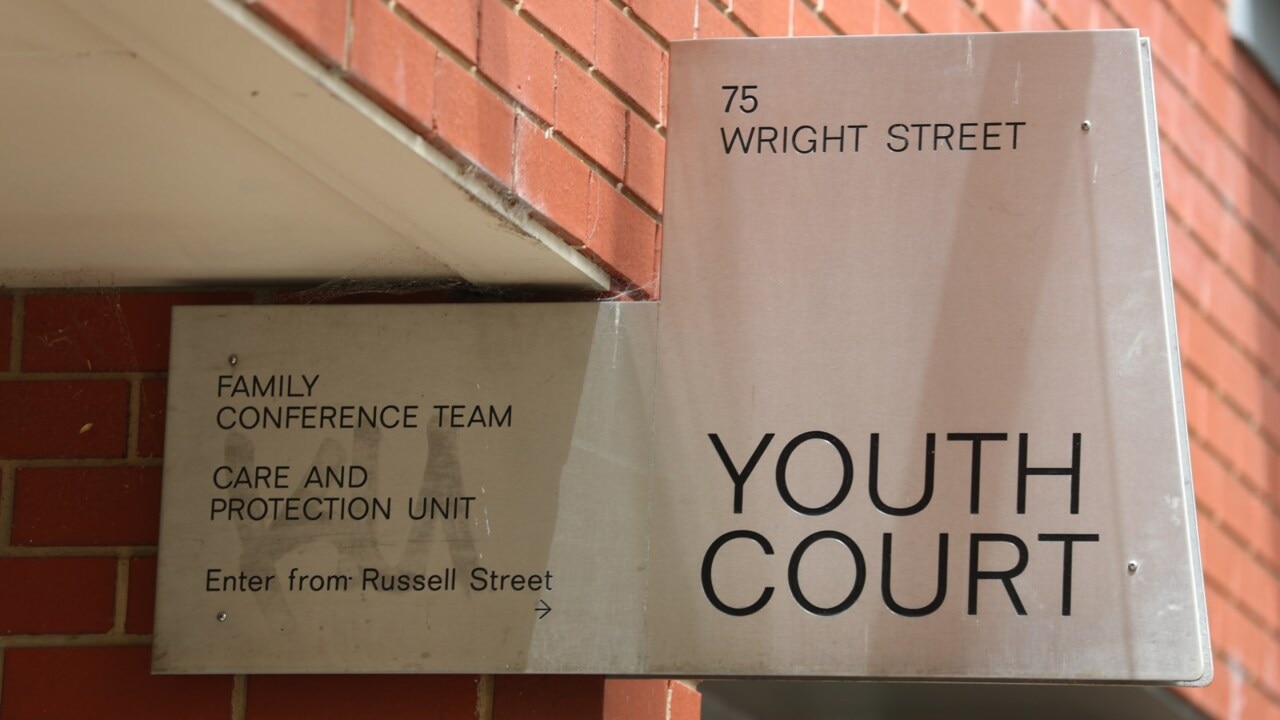Youth justice fail: Legal ‘loophole’ haunting Qld parents
Frustrated Queensland parents have slammed a legal “loophole” which inhibits how they deal with their criminal children.

Frustrated Queensland parents have slammed a legal “loophole” which inhibits how they deal with their criminal children.
The Child Protection Act 1999 states that a child has the right to be protected from harm or risk of harm and that a child’s family has the primary responsibility for the child’s upbringing, protection and development.
But the parents of juvenile offenders say these rights are undermined when a child reaches the age of 12 and their wishes are “considered” by the courts.
An Ellen Grove mother told The Courier-Mail that she has been forced to file missing person reports on her car-stealing son just so she is “guaranteed” a welfare check.
“Police have told me that if he looks in good health they can offer him a lift home but they can’t force him to come home,” she said.
This mother said there is a “loophole” in the youth justice system when a child is between the ages of 12 and 18.
“You do think that you are primarily responsible until 18 but it’s just not the case - you are really only primarily responsible until 12,” she said.

Asked about community backlash following a recent spate of crimes committed by juveniles the mother said: “I’ve had him arrested at home five times. I am concerned because I live in a unit complex that the manager is not going to renew my lease this year”.
A Nudgee father-of-seven also told The Courier-Mail he feels completely powerless as his 13-year-old son has faced court multiple times for robbery-related offences.
The teenage boy has been charged more than 65 times over an 18-month period and has not spent a day in juvenile detention.
His siblings and wife are terrified, and his father is distraught.
“I won’t take onus or condone him, I love my son... but I don’t love who he is right now,” the father said.
The man said both he and his wife had to completely change their lifestyle to support their son and cannot leave the house without hiding valuable items behind a locked door.
“All it does is it sends him into a fit of anger, our house gets trashed... hours later he gets dragged home by the police for stealing cars and belongings,” he said.
The heartbroken father wants consequences for repeat juvenile offenders and is terrified about his son’s future.
“If I had stood in front of the judge with as many charges as my son, I would have been in jail for a decade at minimum,” he said.
“Someone is going to hurt my son.”

But Griffith University Innocence Project director Robyn Blewer said the youth crime crisis is not something the “government can just throw money at”.
“The focus should be on growing our children into responsible adults who contribute to a decent, better society,” Dr Blewer said.
“Those of us who have researched the history of juvenile justice in this country know that what we’re dealing with now is not new.
“We seem to keep repeating the same responses that ultimately fail. But we have the capacity now to draw from a huge body of research - and experience - that governments could use to assist these children, their parents and the victims of crime for the benefit of society.”
The minimum age of criminal responsibility in Queensland is 10 years old but Dr Blewer said “locking more children up or locking them up for longer is not necessarily the answer”.
A Department of Children, Youth Justice and Multicultural Affairs spokeswoman said families have the primary responsibility for the upbringing, protection and development of their children until the age of 18.
“Parents have the right to make decisions about their child or young person’s upbringing without interference unless a parent’s action or inaction causes harm or places their child at risk of harm,” she said.
“We proactively welcome the involvement of parents, families and the community to help young people turn their lives around.
“The Youth Justice Act also refers to a parent’s responsibility for the care and supervision of a child, and states that parents should be encouraged and supported to fulfil this responsibility.”




